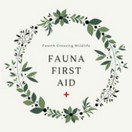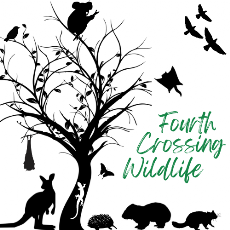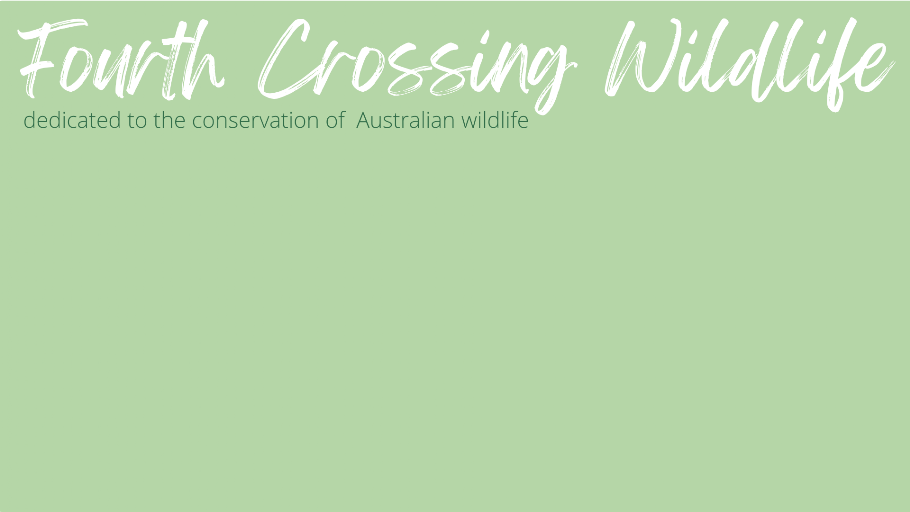Short Term Care

Rescue and Short Term Care for Bare-nosed Wombats
It is important to remember that an injured, sick or orphaned wombat, as with any wild animal, will be distressed when caught. It is very important that it is kept in a dark, quiet place, away from children and family pets.
Injured adult wombats shouldn't be approached by inexperienced handlers. Wombats are very powerful and can be very aggressive leading to severe injury if the wombat feels it is threatened and attacks the rescuer. It is advisable to stay away from an injured adult wombat and to call a wildlife organisation or experienced wildlife carer.
If the wombat is very sick or unconscious however, pick it up by placing your arm under its forelimbs, across its chest. Pick the wombat up with its back toward you and carefully place it in a large box or crate or wrap it in a blanket.
Do not allow the wombats temperature to rise above 28C as wombats cannot tolerate high temperatures.
If the wombat looks as though it has Sarcopitic Mange then you must ensure that the animal doesn't come in direct contact with your skin, as the parasite can be transferred to humans (although usually it is self limiting). If possible wear a raincoat or wrap the wombat in a blanket. After rescue the raincoat should be thoroughly cleaned with disinfectant and it is advisable to throw away or burn any blankets used. Mange is highly contagious.
Wombat joeys can be extremely difficult to care for as they are prone to distress which can kill them. An experienced carer is urgently needed and you should call a wildlife organisation, individual carer or take the joey to the nearest veterinarian for assistance.
It is essential that the joey is kept warm. If the joey is unfurred it needs to be kept between 28C to 30C degrees (not higher and not lower), so you will need the aid of a heat source.
A hot water bottle can be used in an emergency, but will need to be regularly filled with hot (not boiling) water. If a water bottle is used it will need to be wrapped in a towel. A heat pad is a better option.
Make sure that you warm the joey slowly (over a period of 2 hours) - over heating is as detrimental as under heating. Place the joey in a cotton slip, eg: a pillow case, and then wrap in warm wrapping such as woolly jumpers, and put it on top of the heat source - never put a joey directly on a heat source as you may cause detrimental heat stress. Place a thermometer inside the cotton slip so that you can check the temperature. Put it in a dark quiet place so that it can "de-stress".
If the joey is furred put it in a cotton slip, and then in warm wrappings. The temperature should be 28C - no higher! Put it in a quiet place and leave it alone to calm down.
Do not feed any wild animal for at least a few hours after rescue - they need to have their stress levels reduced and too much human contact can send them into shock. Additionally, it is very important that you do not feed a cold animal as any food will not be digested properly and the wombat may die. If the rescued wombat is cold you will need to warm it very slowly (over a period of 2 hours) - if you warm it too quickly it may die from heat-stress related complications. An animal that is badly injured or sick will not want to eat. If this is the case, just leave the wombat until an experienced carer can collect it, or take it to a veterinarian.
A joey should never be fed cows milk as they are lactose intolerant and it will kill them. A joey can be fed Di-Vetalact or Formula One which are universal milk replacers and can be purchased at most veterinary clinics.
Just remember to use your common sense when caring for a wombat. You are caring for a wild animal, it is not a pet.
Keep pets, family and friends away from the animal at all times.


